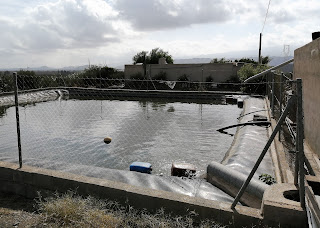In the past I have often pointed out the difference (and benefit) to
Spanish society between foreign settlers and foreign tourists. While the
settlers are cordially ignored by the authorities (except during the
tax season), foreign tourism receives enormous media attention, massive
investment, endless promotions both at home and abroad, heavy
institutional advertising and even a dedicated government ministry along
with its regional equivalents. In several communities and resorts, the
councillor for tourism is the second most visible politician in the
government.
But then, as Spain basks in the huge amount of money brought here by
tourism (forgetting that a sizable chunk of this stays in the country of
origin to pay agencies, airlines, insurers and so on), along comes
something to put the cork in – maybe a pandemic like the one that has
assailed the industry for the last two years.
If visitor numbers had dropped by 75% in 2021 over 2019 (the last
halcyon year for tourism) the number of foreign residents either stayed
the same (they couldn’t sell-up and leave, what with one thing or
another) or even rose in numbers.
That’s of course not including those few who dared the odds and actually took out Spanish nationality.
There are currently over six million foreigners resident in Spain at
the present time – up from 4,850,000 recorded at the beginning of 2019.
That’s ten per cent of everyone. Some of them are retired, some of them
are living from income from abroad, some of them working and some of
them studying. Some of them here illegally. Some without documents. Some
of them sending their money home to their families, as they should.
While many of the six million are immigrant workers, the largest collectives being Romanian, 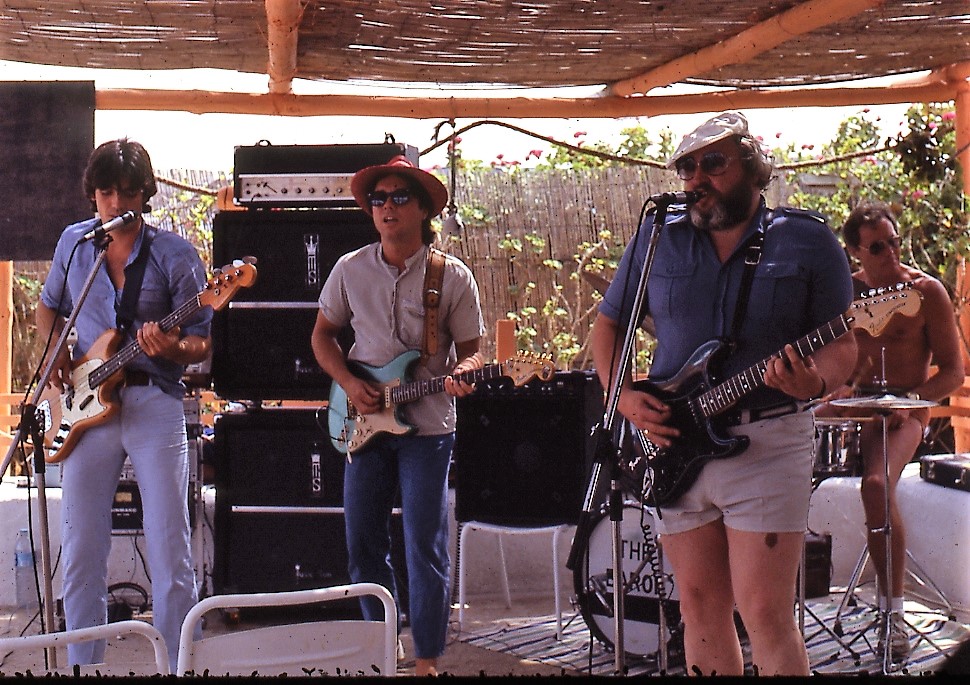 Mor
Mor occan and Colombian, the fourth largest group of foreigners currently living in Spain are the British at precisely 282,124 souls.
occan and Colombian, the fourth largest group of foreigners currently living in Spain are the British at precisely 282,124 souls.
Maybe. That's the figure from the padrón - those who are
registered in the town halls across Spain. Other painstakingly accurate
figures for the Brits are quite different. The Government claims 407,628
Brits living in Spain. Statista reckons on 313,975 and the ABC
newspaper goes with 290,372.
All good for December 31st 2021.
Why are the figures so different (and so painfully acquired)? We
imagine teams of dedicated beancounters adding up numbers each time they
go to the market, the expat bar or the dog pound. And then, to show
they weren't making it up, they arrive at those ridiculously exact
figures before locking their desks are rushing out for a coffee.
There are other official government sites available, but the browser found a ‘potential security threat and did not continue to www.mites.gob.es’. So, we shall remain blissfully ignorant of the information to be found on that no doubt highly useful page.
Then we have headline from a silly English-language newspaper from
last October which claimed that British expats are said to be leaving
Spain "in droves"; while, conversely: the property site Idealista was
posting the opposite: ‘The Brits bought 7,560 homes in the second half
of 2021 – the largest group of foreign buyers’, they said.
With all the confusion, the authorities will understandably react
according to the figures to hand (once they’ve successfully looked up
the phrase ‘in droves’ in the dictionary), without worrying if
they are correct; or maybe just go out for another coffee instead. Of
course, looking out of the window in an office in Madrid, one won't see
many Northern European residents. They tend to live in a wash of small
pueblos along the coast and on the islands. Even then you probably won't
notice them - or confuse them with tourists - unless you happen to be
trying to sell something to the director of the local medical centre.
In all, nearly 64,000 homes were bought by foreigners between July
and December last year. And that’s good money brought here almost
exclusively from outside Spain.
So we come back to our original doubt - why does Spain chase the foreign tourist and ignore the foreign resident?
Rather than try and figure out the number of foreign residents who
are retired or live from funds from abroad (including a clutch of
wealthy Americans, some rich Venezuelans, a few idle Chinese and a
sprinkle of superannuated New Zealanders), but not Tommy who works at
the campsite, we can only choose a wildly inaccurate number – say
500,000 – to contrast with the tourists, whose statistics thanks to the
enormous machine dedicated to surveying them we know down to the last
digit.
Figures suggest that the average age of this sub-group of half a
million – that’s to say, those who live comfortably in Spain without
employment – is around 61 years old, against tourists who are (I’m
diving through the INE records) maybe 20 years younger.
Then of course, residents often take trips within Spain – not to
all-inclusive hotels on the beach, full of fellow-Brits or Europeans,
but to more expensive destinations, such as the Parador hotel chain or
to fancy restaurants, or to areas away from the sol y playa; which makes them, in the eyes of the Spanish authorities (if only briefly), tourists.
So, if the money spent by just the wealthier foreign settlers –
500,000 multiplied by a year’s worth of living – is contrasted by the
amount spent by the tourists, then the residents are clearly a group to
treasure. At 20,000€ a year (my guess, and we shall ignore the major
investment of buying both a 250,000€ house and a car) that’s
10,000,000,000€ per year spent by the higher end of the resident
foreigners in Spain. The average visitor, here for five days rather than
365, is going to be worth a lot less.
But you won’t find any official agency or policy that promotes foreign home-buyers investing in Spain!
Tourists, then, are described as anyone foreign who comes to Spain
(even if they are taking an onwards flight to somewhere else and never
even leave the airport), plus all the people on all the cruise ships –
regardless of if they disembark for a two-hour stroll around Málaga
harbour or not – plus all the people who hop over to Spain every weekend
(add ’em all together José), but not the ones who drove across the
frontier or who slept in the guest room last night or on the sofa.
Then we have those non-EU citizens (now including a large number of
Brits) who own homes here are but aren’t allowed to stay for more than
90 in any 180 day period. What are they exactly – residents,
home-owners, tourists? No one knows or seems to care – except of course
for the affronted local businesses.
Following the pandemic, we now have a terrible war and next up
perhaps, a tourist bombing, or an earthquake, or something poisonous in
the water. Maybe Portugal will drop its prices or Greece will give free
ouzo to visitors. Tourists are just fine, they leave money and go away
with a sunburn and a hangover. But they are finicky, and without any
obligation or an emotional link to return.
But the residents will stay. They have an investment in Spain: their property.
Why can’t the authorities see this? There is so much more opportunity in this field.

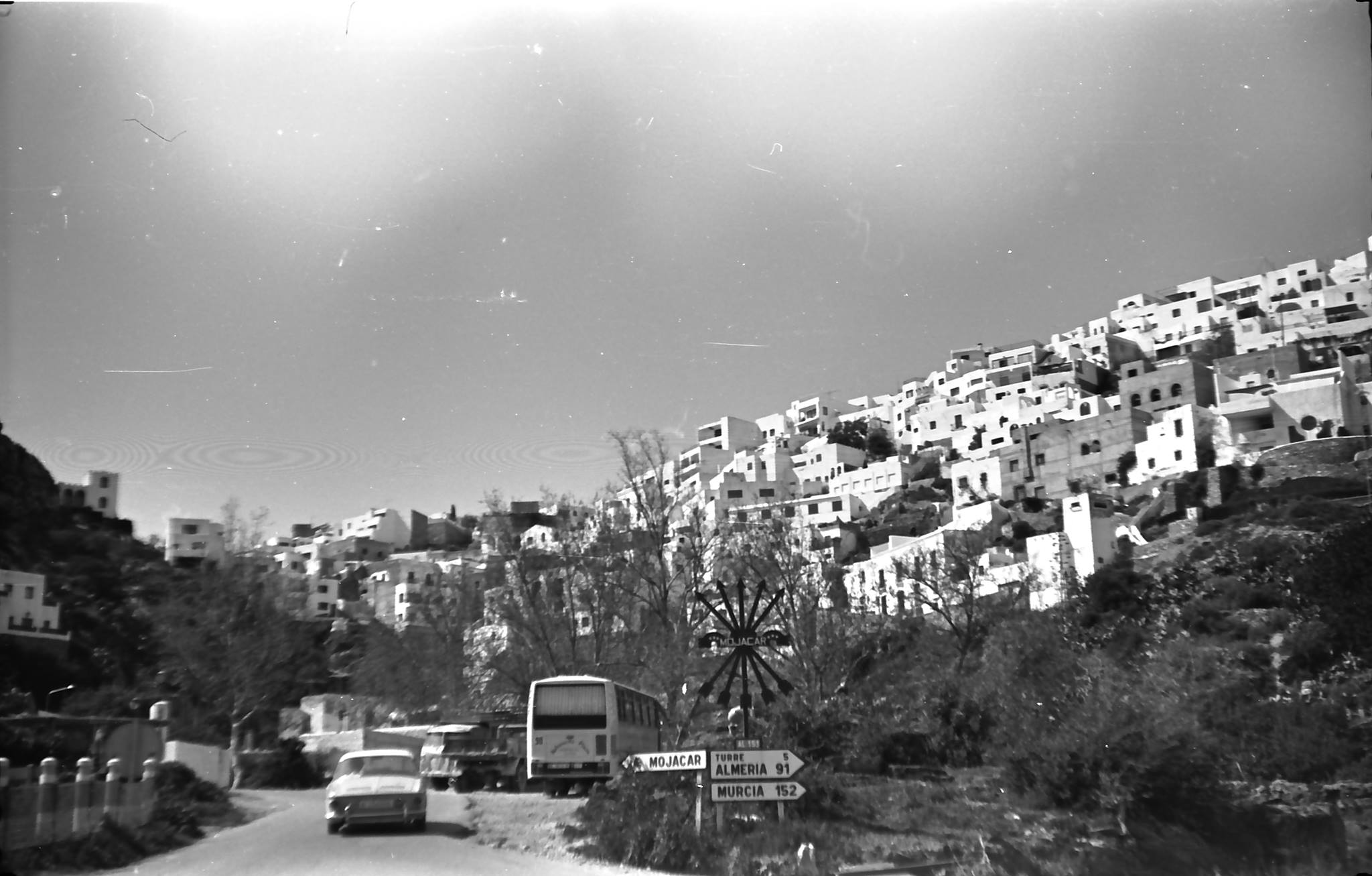


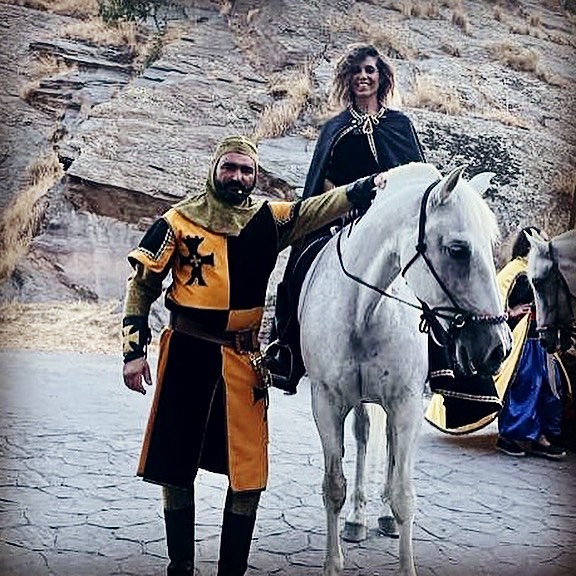 iders. Not me, Gracious no, I was either in the bar or propping up the chiringuito: the temporary tin-bar in the square next to a pop-group platform.
iders. Not me, Gracious no, I was either in the bar or propping up the chiringuito: the temporary tin-bar in the square next to a pop-group platform.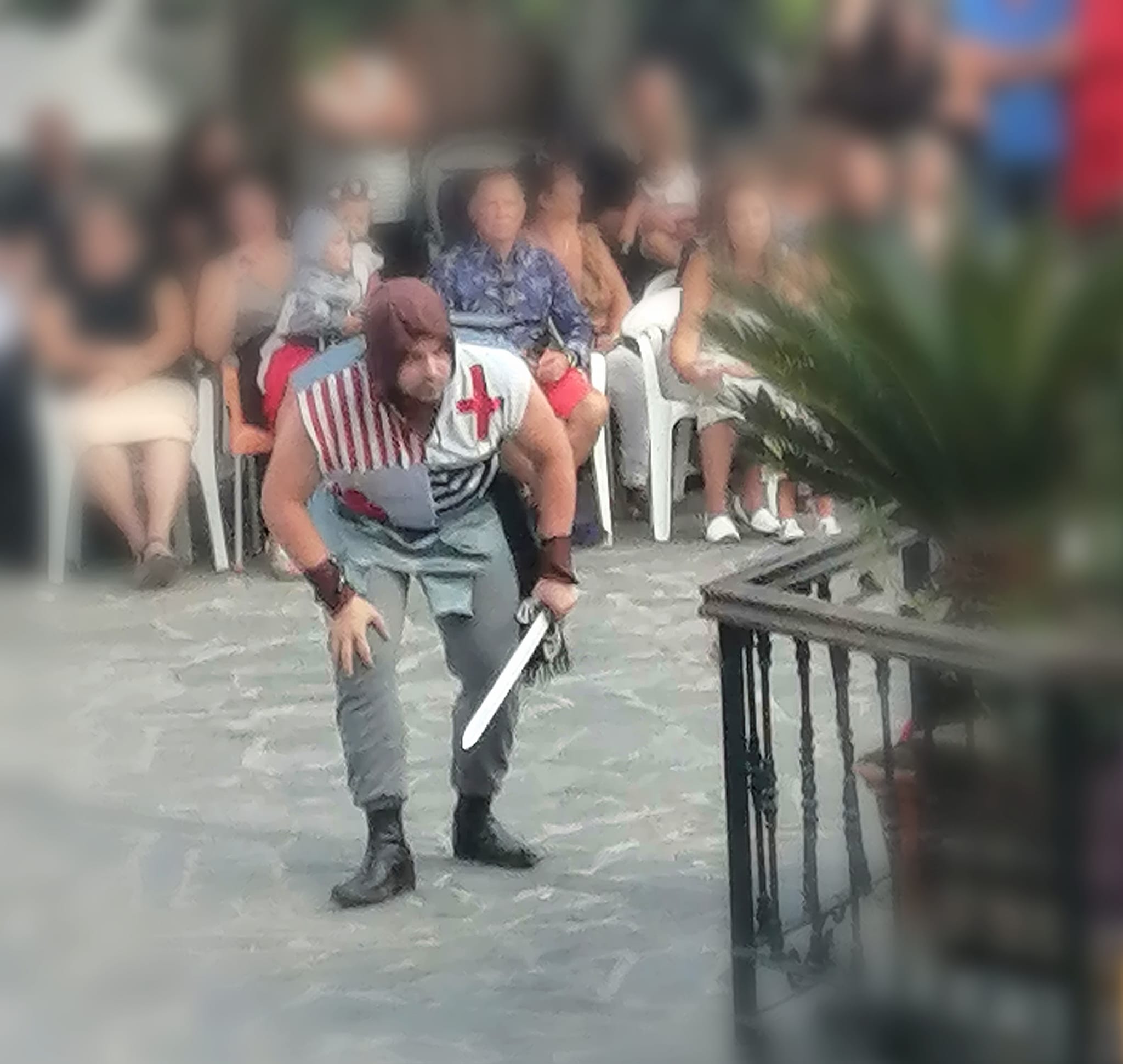
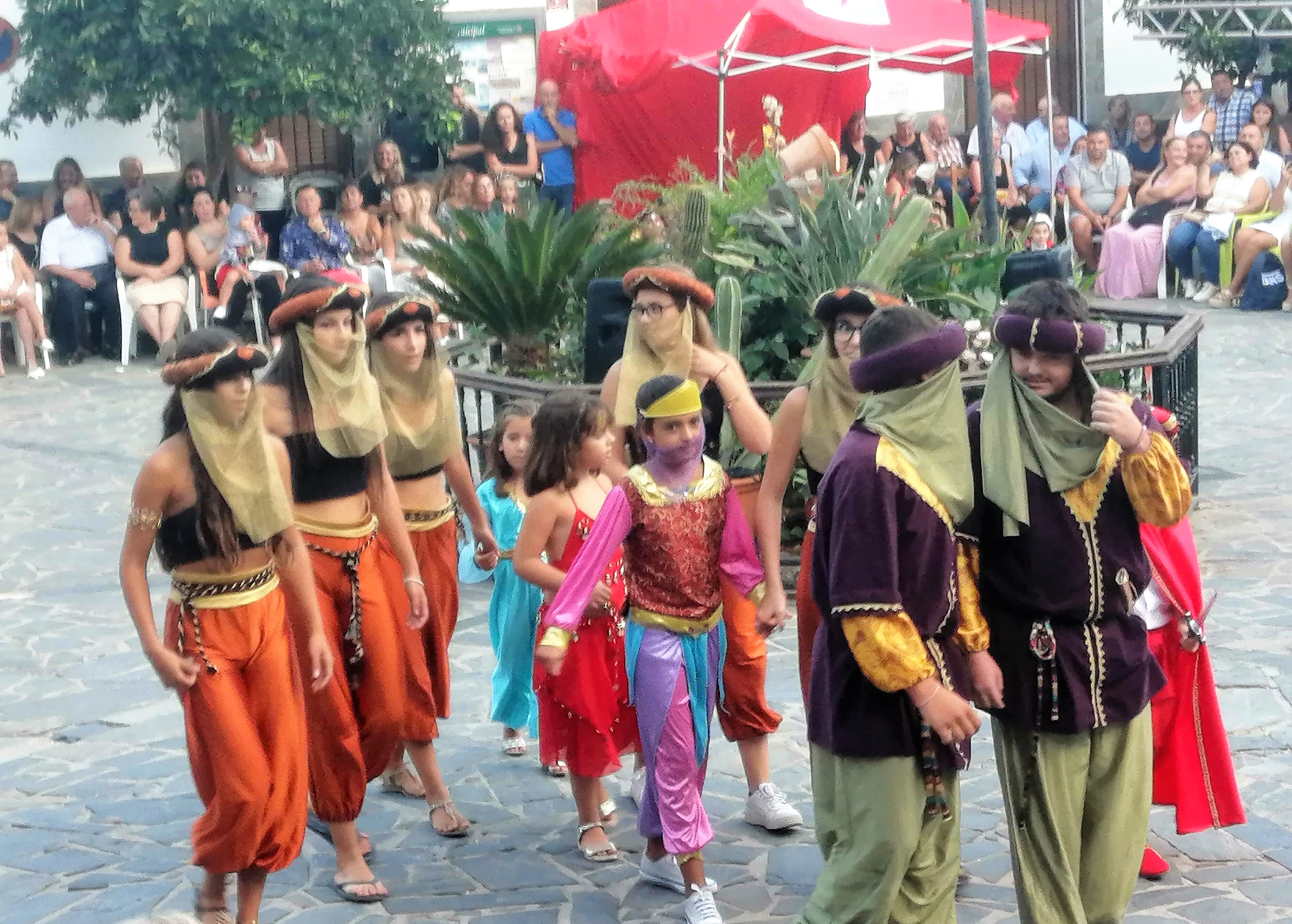
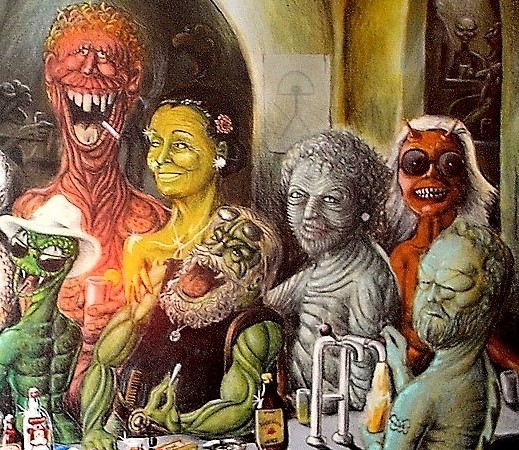


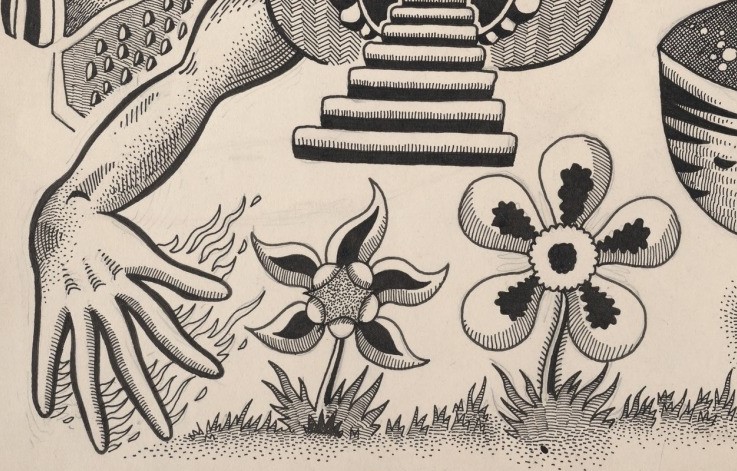


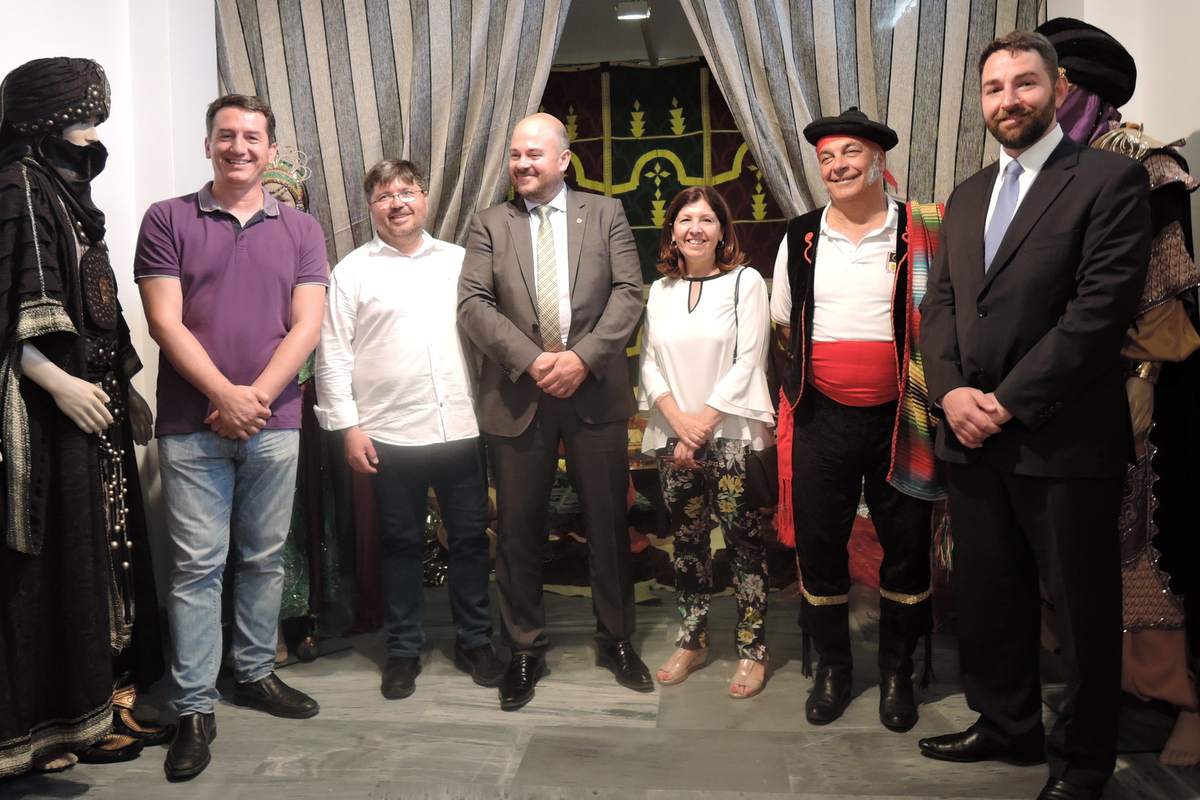




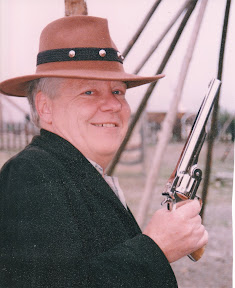 owboy
hat and a revolver and take a picture of you looking either mean or
else bemused (or in my case, mildly sun-stroked and drunk).
owboy
hat and a revolver and take a picture of you looking either mean or
else bemused (or in my case, mildly sun-stroked and drunk).

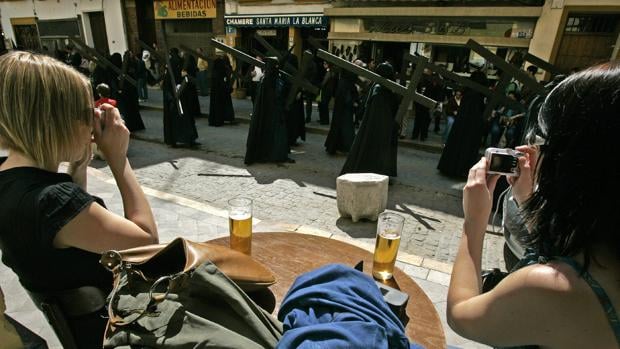 d
be that a few of those, attracted by our weather, will head in this
direction, their cheque book and the phone number of a really good
lawyer in their inside-pocket.
d
be that a few of those, attracted by our weather, will head in this
direction, their cheque book and the phone number of a really good
lawyer in their inside-pocket.
 Mor
Mor